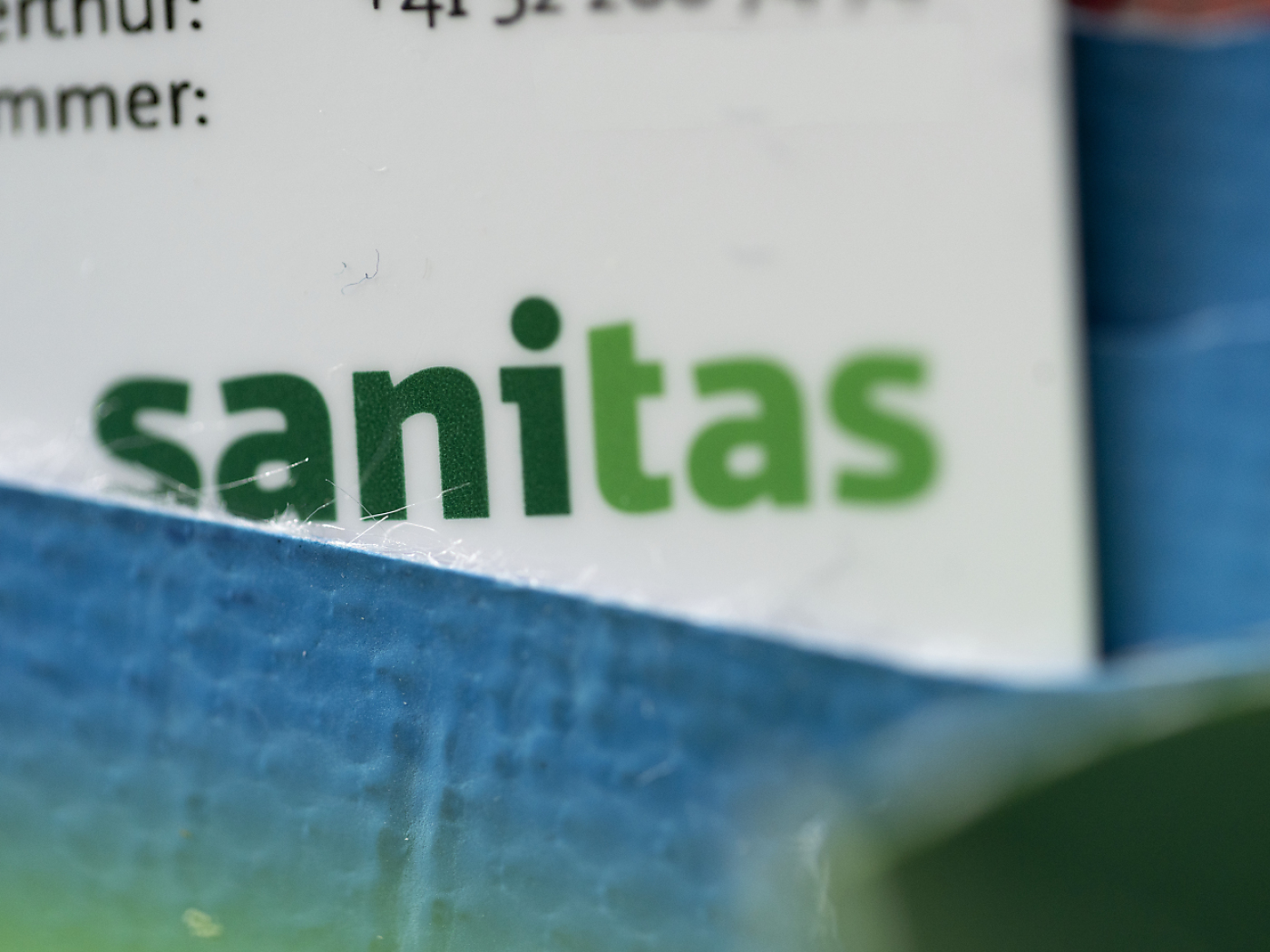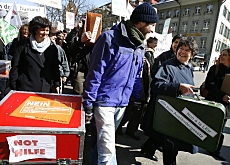Humanitarian aid posts record year in 2005

The humanitarian aid arm of the Swiss government experienced a record year in 2005 due to the tsunami in southeast Asia and the major earthquake in Pakistan.
Foreign Minister Micheline Calmy-Rey also focussed on immigration issues at the annual conference on Friday, saying a real law on the issue was lacking.
In all, 420 people who belong to the aid unit were involved in some kind of assistance to people in need, Toni Frisch, the head of Swiss Humanitarian Aid, told a conference in Biel on Friday.
“Many people were first involved in assessment and rapid response units, then they moved in providing food, medical assistance and shelter. Step by step they also helped in rehabilitation and reconstruction,” Frisch told swissinfo.
Frisch, who has been at the forefront of Swiss disaster relief work abroad since its beginnings in the early 1970s, returned to Switzerland on Thursday from a visit to tsunami-hit Thailand and Sri Lanka.
He said that although his unit would end operations in Thailand by the end of this year, work in Sri Lanka would continue.
“It will take several years before the country recovers from this huge shock and for the more than 100,000 families to have permanent homes again.”
Switzerland is working with the Red Cross, protestant churches and the charity Swiss Solidarity to help build houses for 12,000 families and eight schools for 8,000 pupils.
International respect
From its modest beginnings, the Humanitarian Aid Unit has become a professional organisation that is internationally respected for its effective and efficient work, said Frisch.
He added that despite the record year of 2005, the challenges of the future would be greater.
“The world has become much more complex… the number of natural disasters is increasing and so are the needs.
“There are many more groups involved in disaster relief and many are not qualified or prepared. That’s a problem for many,” he commented.
Migration law
In her speech, Calmy-Rey said too often decisions were taken that related to foreigners, refugees, asylum seekers and the labour market, rather than to migration.
She also said that people should keep the issue in perspective, even though Switzerland had more than 1.5 million foreign residents – about a fifth of the population – a proportion that was higher than in its European neighbours.
Calmy-Rey said three-quarters of these residents were born here or had lived here for more than eight years, so the real figure of immigrants was relatively low compared with the total population.
The number of asylum of asylum requests had also shown a clear downward trend, she said.
“Adopting a global perspective therefore means not limiting our action to state measures that are strictly defensive against migratory fluxes. We must also strengthen preventive measures.
“If men and women emigrate, it is to flee from conflicts and violations of human rights, or because they live in misery or because they have no prospect of a future at home,” she said.
swissinfo, Robert Brookes in Biel
The Humanitarian Aid Unit has an annual budget of about SFr280 million.
It spends about a third of this to finance its own direct activities and those of Swiss non-governmental organisations abroad.
The other two-thirds are used for cooperation with international organisations, including projects of the United Nations and the Red Cross.
The Swiss Humanitarian Aid Unit – a part of the Swiss Agency for Development and Cooperation (SDC) – aims to save lives and alleviate suffering.
It provides direct relief after natural disasters and during emergencies arising from conflicts.
Aid is provided worldwide, but in 2005 the unit was particularly active in ten regions. Work included post-tsunami operations and aid in Pakistan after the earthquake.
The SDC employs a staff of about 550 people and has an annual budget of SFr1.3 billion ($1 billion).

In compliance with the JTI standards
More: SWI swissinfo.ch certified by the Journalism Trust Initiative











You can find an overview of ongoing debates with our journalists here . Please join us!
If you want to start a conversation about a topic raised in this article or want to report factual errors, email us at english@swissinfo.ch.